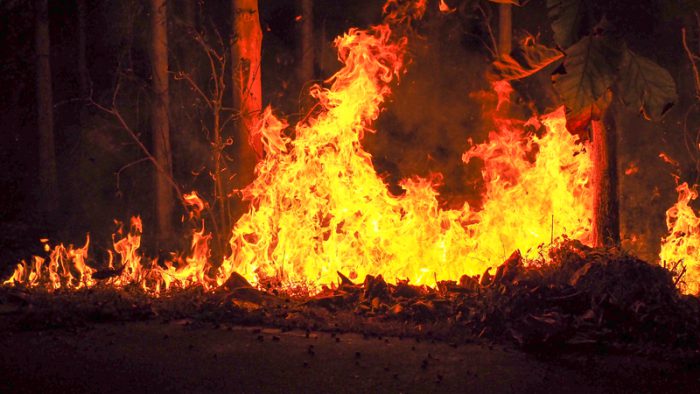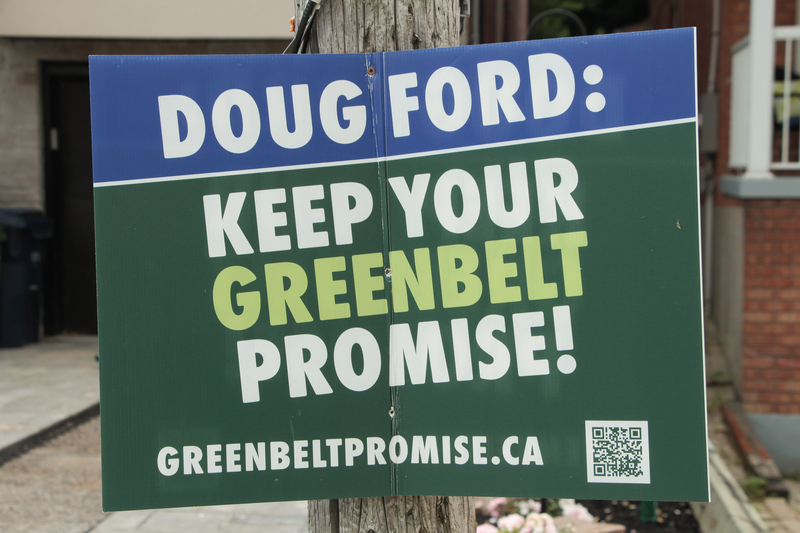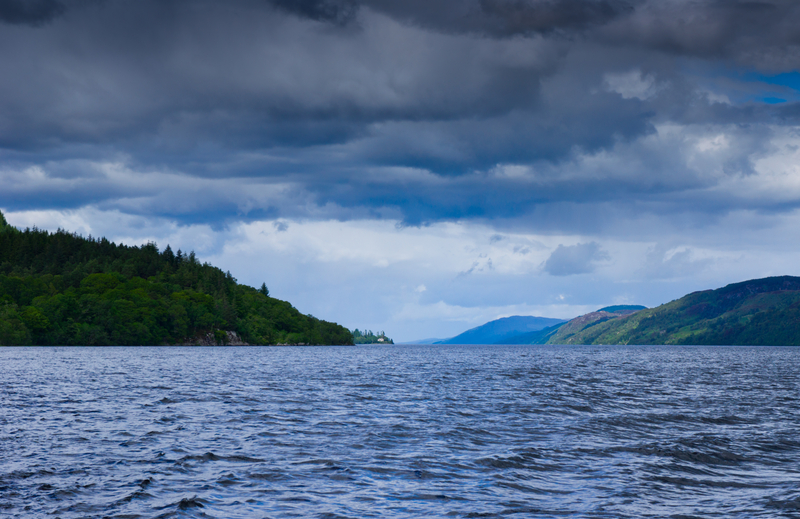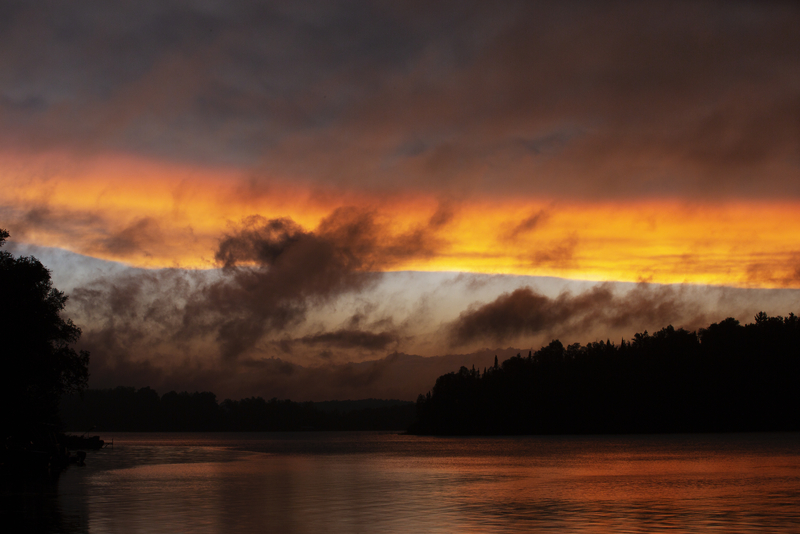In May 2016, intense forest fires led to a major crisis across Alberta, especially in the city of Fort McMurray. 88,000 people were forced to leave their homes—the largest wildfire evacuation in Alberta history. Relief came from across the country and the world, and though no one was directly killed by the fires, around 2,500 buildings were destroyed in the town.
Now British Columbia is experiencing its own onslaught of forest fires. And sadly, the crisis is getting worse. The fires are concentrated in the so-called interior of the province, which is its eastern half. Around 16,000 people have been evacuated already from towns such as 100 Mile House, Alexis Creek, Cache Lake, and Williams Lake. Others towns are under evacuation alert and their residents could be asked to leave at any time. One of the most affected regions is Cariboo Regional District, where over 10,000 people have been evacuated.
Below is an active link to where forest fires currently are in B.C. (each icon often represents more than one individual fire)
What causes a forest fire?
Let's take a look at what causes forest fires. Most are caused by people. Studies over the last 10 years in the United States show that 88% are started by human accident, such as when a campfire is not put out properly. Currently, British Columbia has put a ban on all campfires to protect against this. Naturally caused fires are usually started by lightning striking very old, dry trees.
But no matter how a major forest fire epidemic like this one gets started, several things keep it going. A dry forest (which acts as fuel), hot temperatures, little or no rain, strong winds, and lightning. Forest fires are very challenging to put out because they are unpredictable and spread easily. Sudden hot, dry winds can push them in a new direction and cause them to travel quickly across the landscape. In addition, forest fires create thick, tall smoke clouds that do more than carry powerful winds—the clouds actually make their own lightning. This lightning can then strike the ground, which can start even more forest fires.
Providing shelter
For now, large interior B.C. cities such as Kamloops, Kelowna, and Prince George are safe and supplying shelter for refugees escaping the fires. These shelters, however, are quickly filling up.
Meanwhile, thick smoke from dozens of fires is travelling across the province and beyond. The smoke is polluting the air and causing big health risks, even for people not directly threatened by the actual fires. It has even been reported in Edmonton, Alberta. The thick smoke also creates another problem. It makes the fires more difficult to put out as visibility becomes very poor. One B.C. couple trying to escape the fires reported smoke so thick that they could only see a bit of the road in front of them—everything else was in total darkness during the middle of the day.
Possible bad weather ahead
Manitoba firefighters head to British Columbia to battle wildfires #BCwildfire https://t.co/y5jaEN6ryQ pic.twitter.com/0fVyD1Cg5h
— CBC British Columbia (@cbcnewsbc) July 13, 2017
As of Friday, the B.C. government announced that this weekend was likely to be windy. In fact, the next 7 to 10 days are looking hot, dry, and windy, without any rain. This is disastrous news for exhausted firefighters hoping for a break. Around 300 out-of-province firefighters have travelled to B.C. to help these local crews, but leaders agree that the province will probably be on alert all summer.
A huge controlled burn happening northwest of 100 Mile House this afternoon. Photos by our Sam Martin. pic.twitter.com/tP0VSSIai6
— Justin McElroy (@j_mcelroy) July 14, 2017
In addition to trying to put out fires, firefighters are performing controlled burns. A controlled burn is an intentionally-started forest fire designed to remove potential "fuel" from the main fire. The controlled burn creates a barrier without new fuel, or dry trees, for the main fire. When the fire reaches this area, it hopefully has nowhere further to go and burns itself out.
For now, people are safe and the fires are thankfully not yet threatening a city the size of Fort McMurray. But for the people living in the B.C. interior and the firefighters, relief from these fires can't come soon enough.
 Forest fires are causing major problems in British Columbia. (© Karaked Darun | Dreamstime)
Forest fires are causing major problems in British Columbia. (© Karaked Darun | Dreamstime)










Oh my!